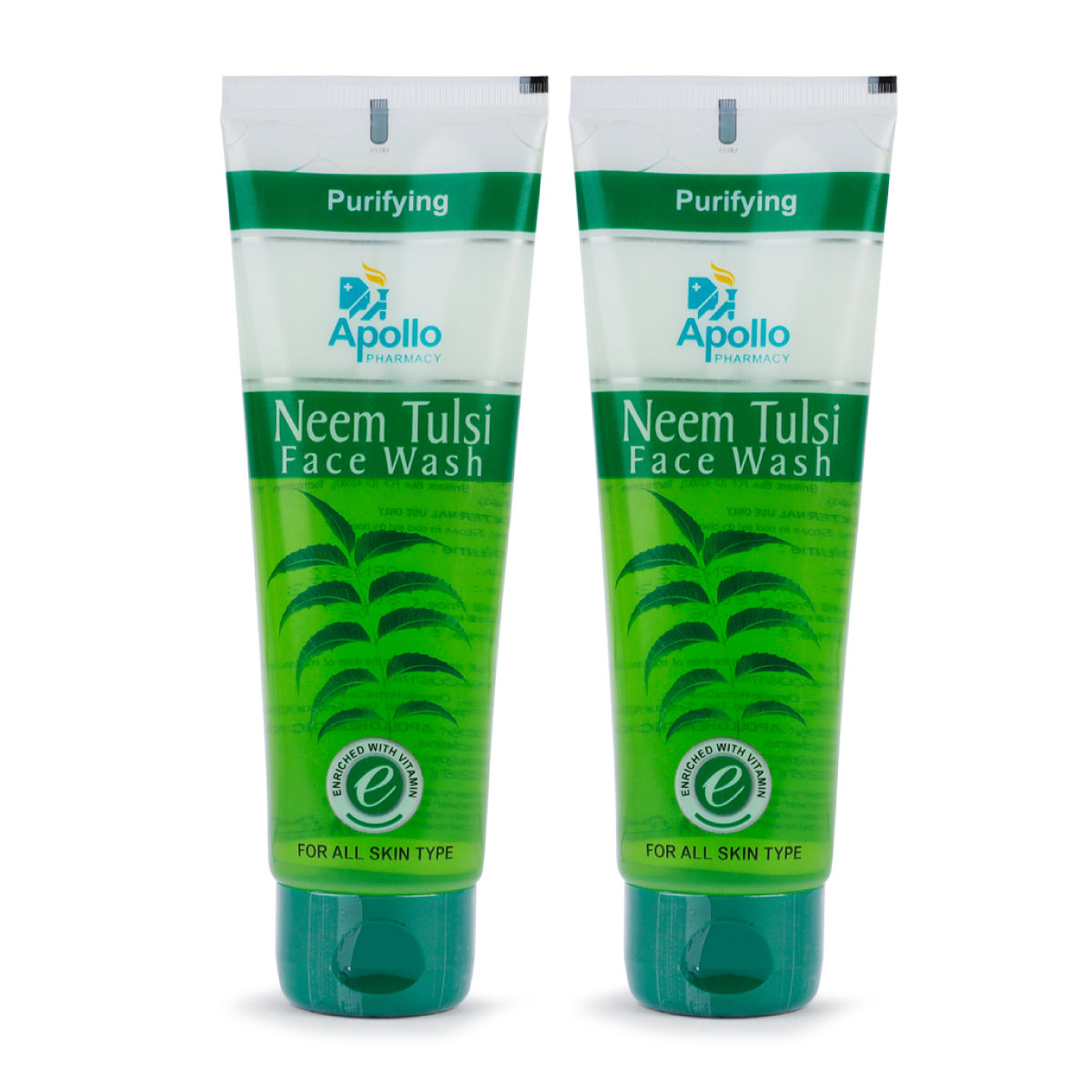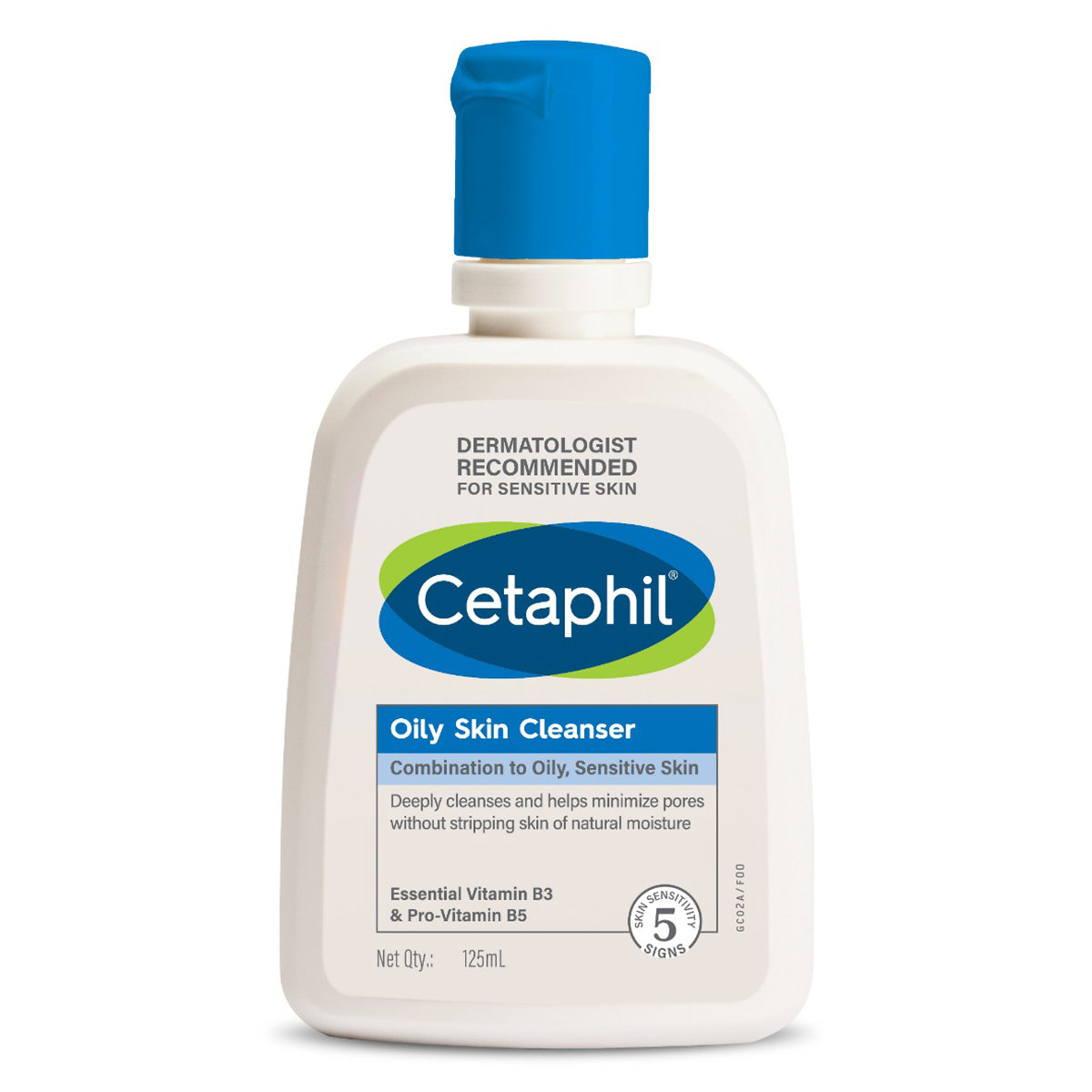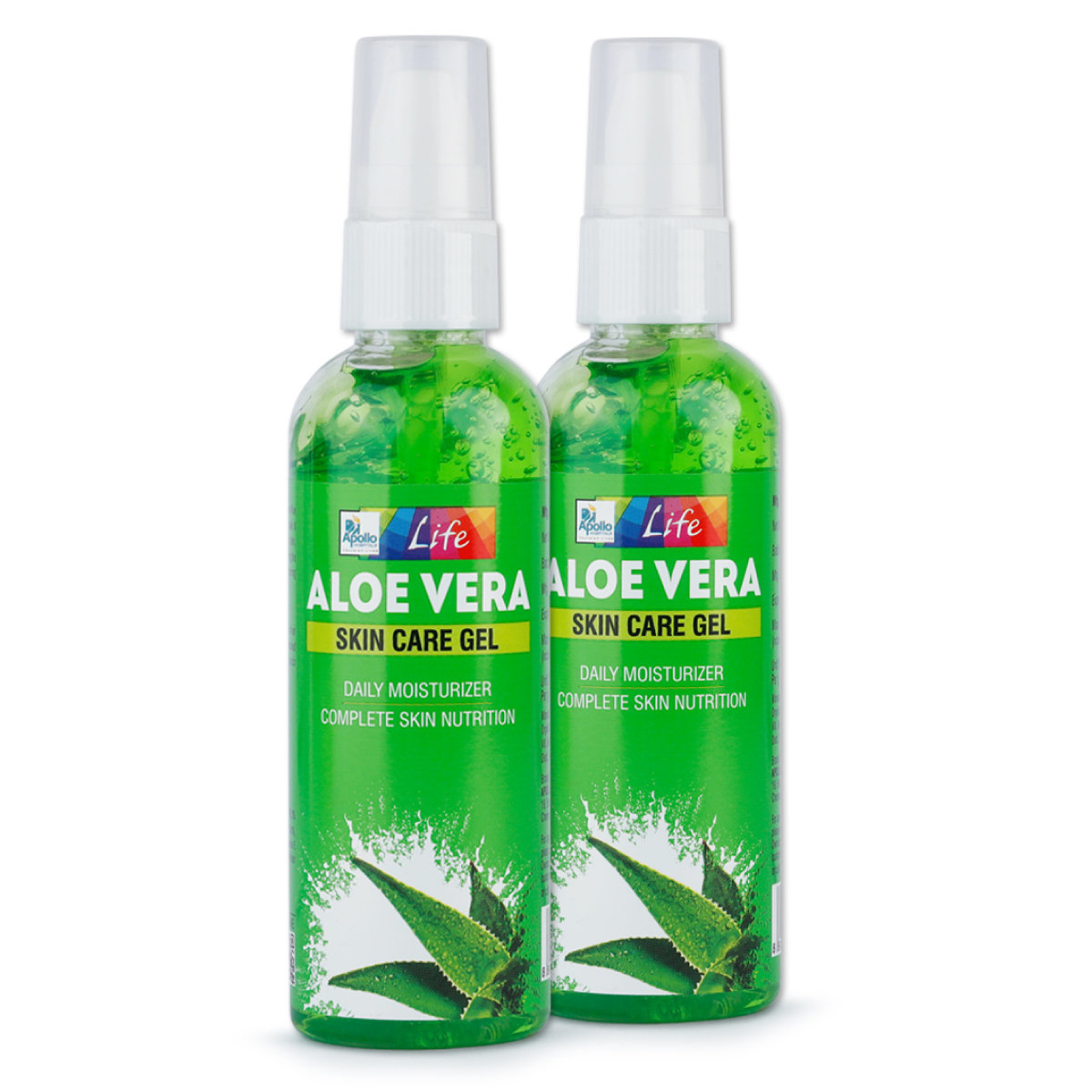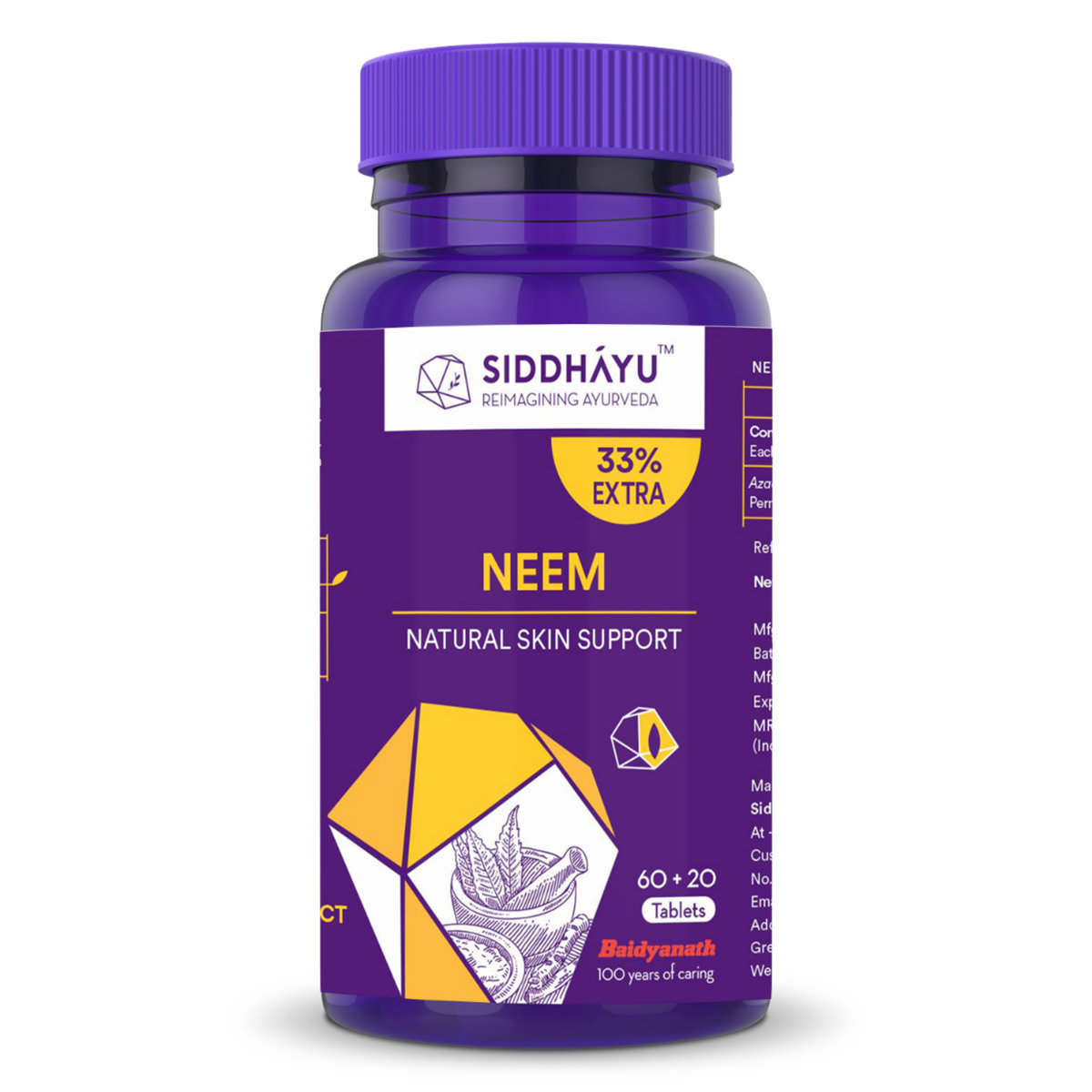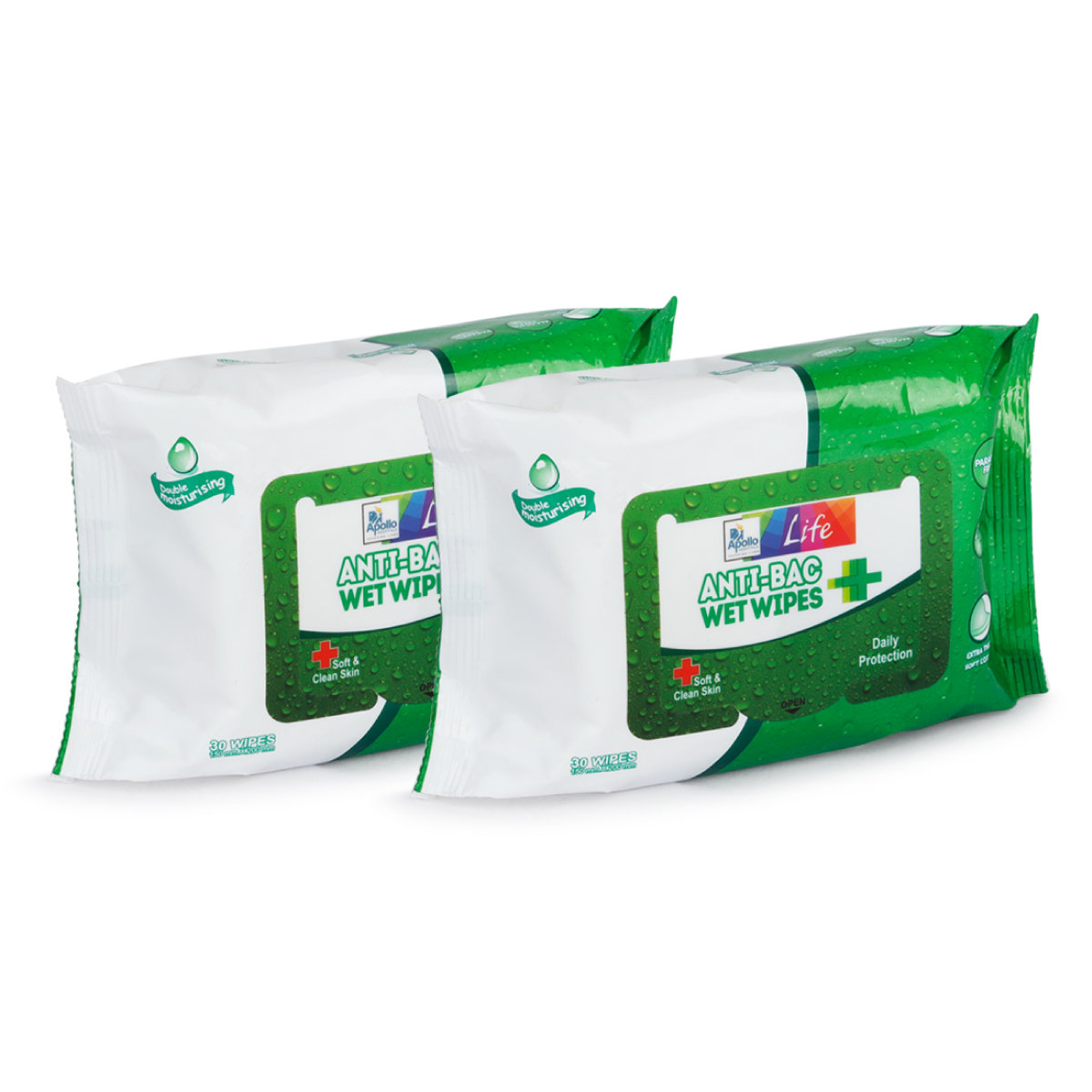Sorvate C Ointment
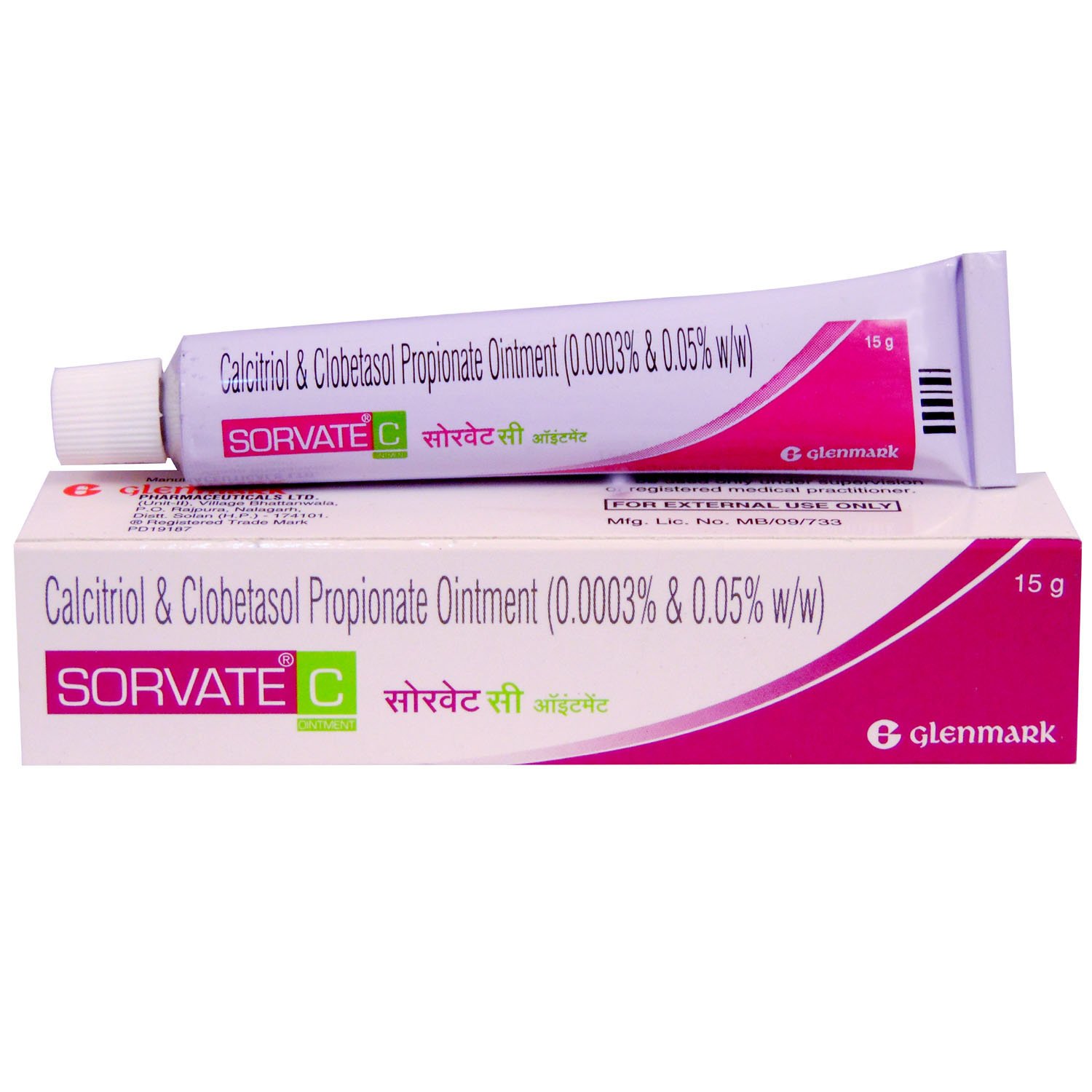

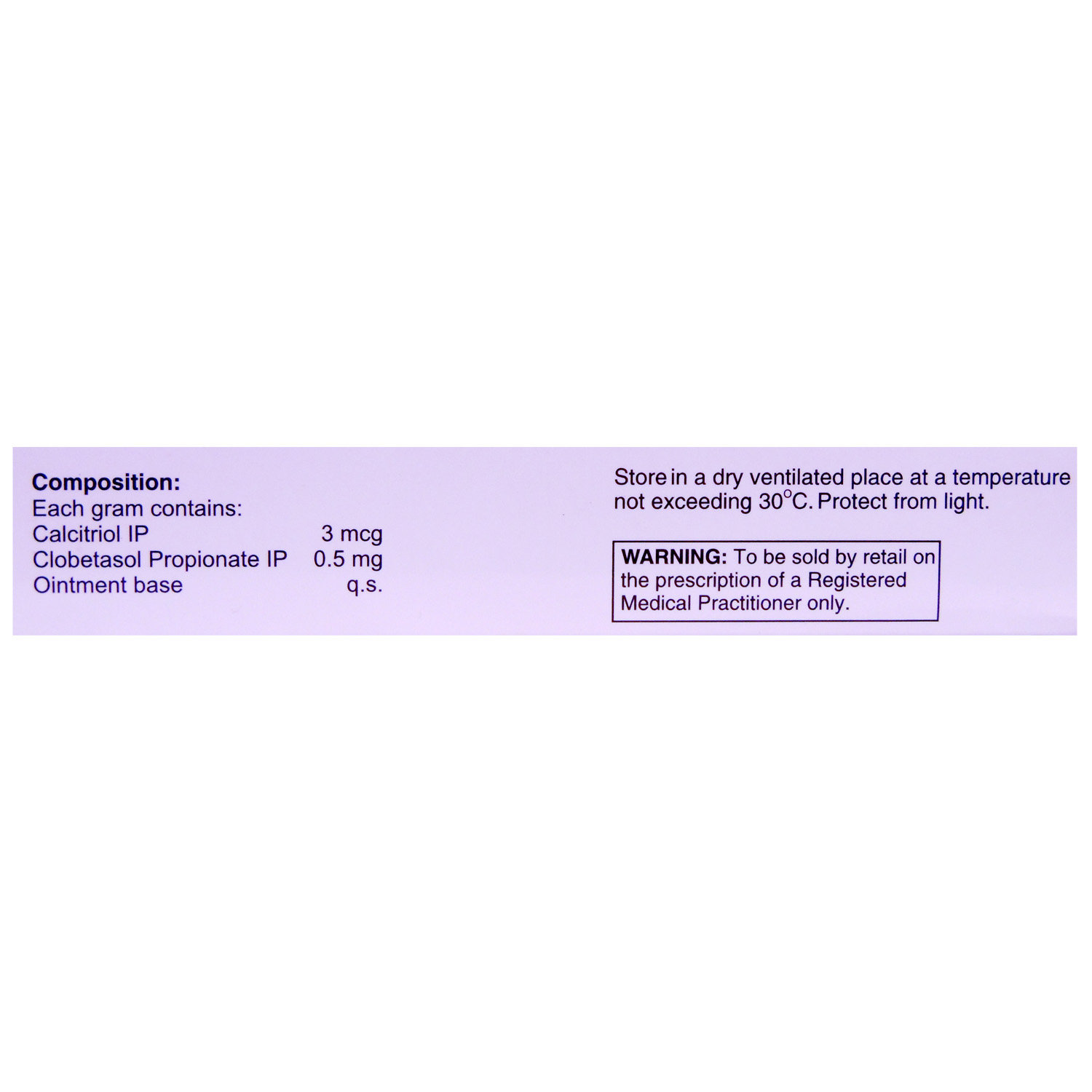
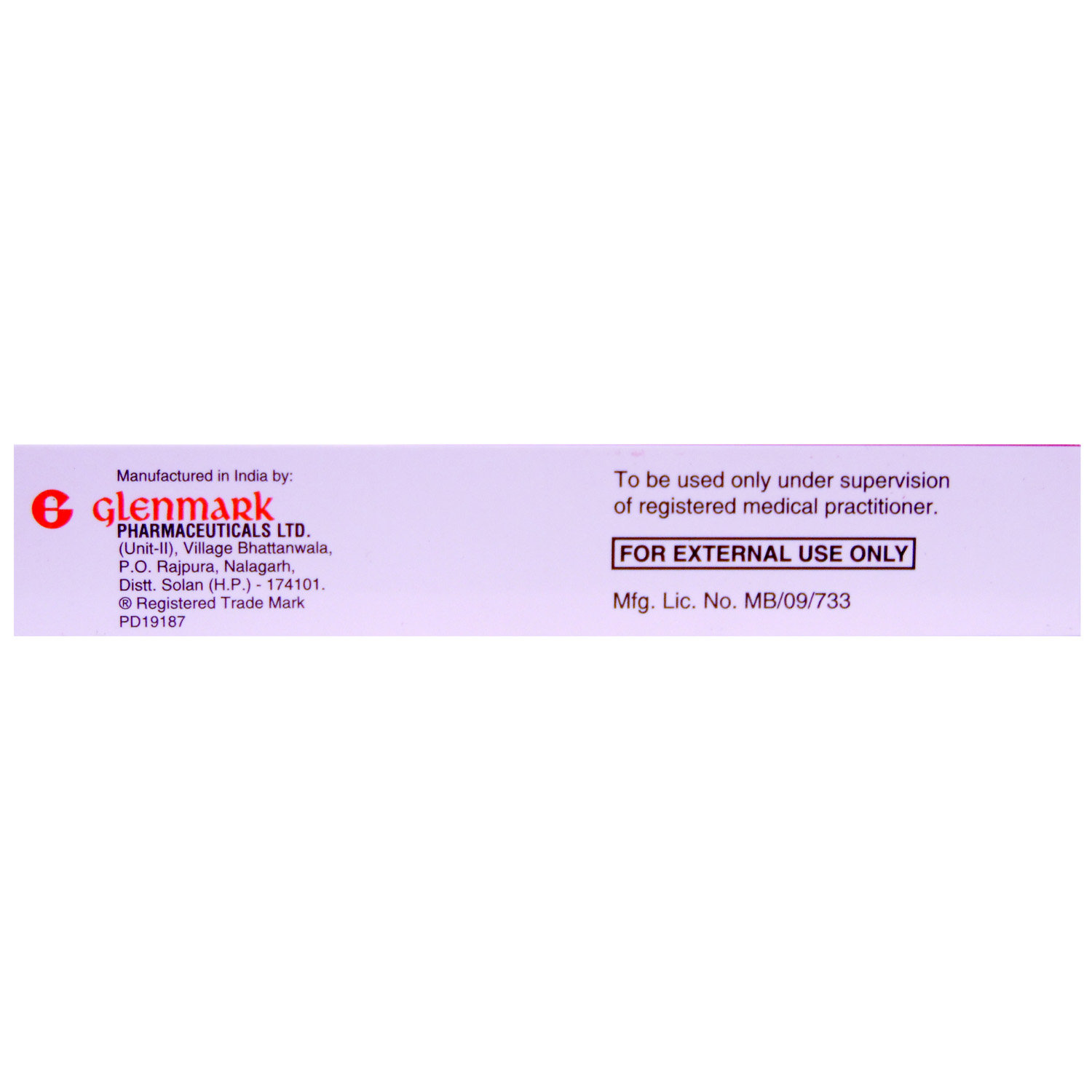
MRP ₹515.5
(Inclusive of all Taxes)
₹77.3 Cashback (15%)
know your delivery time
Provide Delivery Location
Composition :
Manufacturer/Marketer :
Consume Type :
Expires on or after :
Return Policy :
Selected Pack Size:15 gm
15 gm ₹464
(₹30.93 per gm)
In Stock
20 gm ₹464
(₹23.2 per gm)
In Stock

Secure Payment

Trusted by 8 Crore Indians

Genuine Products
Therapeutic Class
Country of origin
Manufacturer/Marketer address
Disclaimer
Alcohol
Safe if prescribed
Sorvate C Ointment may not interact with alcohol.
Pregnancy
Consult your doctor
Pregnant women should consult a doctor before using the Sorvate C Ointment.
Breast Feeding
Consult your doctor
Sorvate C Ointment should be used with caution in breastfeeding mothers. However, if your doctor prescribes and Sorvate C Ointment is applied on the chest, ensure the affected area does not come into contact with the baby's mouth while breastfeeding.
Driving
Safe if prescribed
Sorvate C Ointment does not show any effect on driving. But contact a doctor if you get any problems with your vision. Do not drive if you have problems with your eyesight after using the Sorvate C Ointment.
Liver
Consult your doctor
Sorvate C Ointment should be used with caution in patients with liver diseases.
Kidney
Consult your doctor
Sorvate C Ointment should be used in patients with kidney diseases only when prescribed by a doctor.
Children
Safe if prescribed
Sorvate C Ointment should not be used in children under 12 years of age without a doctor's advice.
About Sorvate C Ointment
Sorvate C Ointment belongs to a class of medicines called 'steroids' given in combination with vitamins used to treat autoimmune skin disorders like psoriasis (scaly, itchy, and red patches on the skin). It is indicated for adults and children above 12 years of age. Autoimmune skin disorders are conditions in which immune cells attack the body's healthy cells, causing inflammation. Sorvate C Ointment can suppress the immune system and reduce inflammation.
Sorvate C Ointment comprised two medicines, Clobetasol (corticosteroid) and Calcitriol (Vitamin D3). Calcitorl minimises the excessive production of skin cells that may build up and form scales on the skin. At the same time, Clobetasol is a corticosteroid medicine that restricts the production of certain chemical messengers (prostaglandins) responsible for red, swollen, itchy skin. It also suppresses the body's extreme immune response and calms the body to improve the itchy, scaly skin rash.
Sorvate C Ointment should be used as prescribed by the doctor. Common side-effects of Sorvate C Ointment are burning or stinging sensation, itching, redness, and dryness. Long-term use of Sorvate C Ointment may affect the adrenal gland and cause abnormal effects. It may also cause vision problems in some cases.
Inform your doctor if you are allergic to Clobetasol or other ingredients in this medicine. Do not use Sorvate C Ointment in children under 12 years of age without a doctor's advice. Do not use Sorvate C Ointment to treat acne, rosacea (facial flushing on and around the nose), perioral dermatitis (red or scaly rashes around the mouth), anogenital pruritis (itching around the anus or genitals), itchy, broken or infected skin which is not inflamed and widespread plaque psoriasis (except single lesions).
Uses of Sorvate C Ointment
Medicinal Benefits Mweb
Key Benefits
Sorvate C Ointment is available only for topical use in various forms, including cream, ointment, and shampoo. Sorvate C Ointment comprised two medicines, Clobetasol (corticosteroid) and Calcitriol (Vitamin D3). Calcitorl minimises the excessive production of skin cells that may build up and form scales on the skin. Clobetasol is a corticosteroid medicine that restricts the production of certain chemical messengers (prostaglandins) responsible for red, swollen, itchy skin. The basic advantage is that Sorvate C Ointment can be applied only once daily to treat psoriasis compared to other skin preparations.
Directions for Use
Side Effects of Sorvate C Ointment
- Burning or stinging sensation
- Itching
- Dryness
- Swelling
- Irritation
- Redness at the application site
Drug Warnings
Inform your doctor before using Sorvate C Ointment if you have previously had an allergic reaction (hypersensitivity) with another steroid. If there is an overdose, clean the area thoroughly and re-apply the medicine. Apply Sorvate C Ointment carefully if you use it on eyelids or near the eyes, as there is a risk of cataracts or glaucoma if the drug enters the eye frequently. Sorvate C Ointment can penetrate the skin easily and may cause skin thinning because of repeated application. So, apply it carefully when using it on broken or damaged skin and large surface areas of the skin. Do not use Sorvate C Ointment simultaneously as other creams or ointments, such as a moisturizer. Keep at least a gap of 30 minutes between using clobetasol and any other product. Sorvate C Ointment should not be used to treat acne, rosacea, or skin rash around the mouth.
Drug-Drug Interactions
Drug-Drug Interactions
Login/Sign Up
Drug-Food Interactions
Drug-Food Interactions
Login/Sign Up
Drug-Diseases Interactions
Drug-Diseases Interactions
Login/Sign Up
Habit Forming
Special Advise
- Your doctor may examine your skin, scalp, and nails and take a small sample of skin to examine under biopsy to determine the type of psoriasis.
- Sorvate C Ointment is not recommended to treat severe psoriasis with pus, skin peeling, and severe redness.
Diet & Lifestyle Advise
- Eat foods rich in quercetin (a flavonoid), such as apples, cherries, broccoli, spinach and blueberries.
- Consuming food rich in probiotics helps in developing the immune system against allergies.
- Limit food intake that might trigger allergies, such as dairy products, soy, eggs and nuts.
- Avoid consuming foods with excess sugar, as it may flare up inflammation.
- Include fruits, vegetables, whole grains, healthy fats and fish in your diet.
- Avoiding getting in contact with harsh soaps, detergents and rough fabrics.

Have a query?
Buy best Dermatology products by
Glenmark Pharmaceuticals Ltd
Sun Pharmaceutical Industries Ltd
Klm Laboratories Pvt Ltd
Cipla Ltd
Canixa Life Sciences Pvt Ltd
Abbott India Ltd
Ajanta Pharma Ltd
Intas Pharmaceuticals Ltd
Dr Reddy's Laboratories Ltd
East West Pharma India Pvt Ltd
Alkem Laboratories Ltd
Atopic laboratories Pvt Ltd
Hegde & Hegde Pharmaceutica Llp
Brinton Pharmaceuticals Ltd
Torrent Pharmaceuticals Ltd
Amwill Healthcare Pvt Ltd
Leeford Healthcare Ltd
Palsons Derma Pvt Ltd
Oaknet Healthcare Pvt Ltd
Med Manor Organics Pvt Ltd
Micro Labs Ltd
Dermocare Laboratories Gujarat Llp
Fixderma India Pvt Ltd
Apex Laboratories Pvt Ltd
Mankind Pharma Pvt Ltd
Ipca Laboratories Ltd
Yaher Pharma
Systopic Laboratories Pvt Ltd
Menarini India Pvt Ltd
Ethinext Pharma
Nemus Pharmaceuticals Pvt Ltd
Skinocean Pharmaceuticals
Dermacia Healthcare
Inex Medicaments Pvt Ltd
Lupin Ltd
GlaxoSmithKline Pharmaceuticals Ltd
Talent India Pvt Ltd
Zydus Cadila
Kivi Labs Ltd
Zydus Healthcare Ltd
Hbc Dermiza Healthcare Pvt Ltd
Mrhm Pharma Pvt Ltd
Regaliz Medicare Ltd
Sol Derma Pharmaceuticals Pvt Ltd
Newtrimed Healthcare Pvt Ltd
Wallace Pharmaceuticals Pvt Ltd
Eskon Pharma
Glowderma Lab Pvt Ltd
La Pristine Bioceuticals Pvt Ltd
Mohrish Pharmaceuticals Pvt Ltd
Percos India Pvt Ltd
Rockmed Pharma Pvt Ltd
Macleods Pharmaceuticals Ltd
Praise Pharma
Ethicare Remedies Pvt Ltd
Kaizen Drugs Pvt Ltd
Aurel Biolife
Rely On Pharmaceuticals
Wockhardt Ltd
Galcare Pharmaceuticals Pvt Ltd
Elder Pharmaceuticals Ltd
Indiabulls Pharmaceuticals Pvt Ltd
La Med Healthcare Pvt Ltd
Biocute Life Care
Yap Bioceuticals
Yash Pharma Laboratories Pvt Ltd
Zee Laboratories Ltd
Apple Therapeutics Pvt Ltd
Adonis Laboratories Pvt Ltd
Albatross Healthcare Pvt Ltd
Galderma India Pvt Ltd
Prism Life Sciences Ltd
FDC Ltd
Alniche Life Sciences Pvt Ltd
Salve Pharmaceuticals Pvt Ltd
West Coast Pharmaceuticals Pvt Ltd
Dermarex HealthCare India Pvt Ltd
Arka Vital Science Pvt Ltd
Dermajoint India
Gary Pharmaceuticals Pvt Ltd
Grace Derma Healthcare Pvt Ltd
Karlin Pharmaceuticals & Exports Pvt Ltd
Skinska Pharmaceutica Pvt Ltd
Uniza Healthcare Llp
Alembic Pharmaceuticals Ltd
Cadila Healthcare Ltd
Cadila Pharmaceuticals Ltd
Cosmofix Technovation Pvt Ltd
Human Pharmaceuticals
Indolands Pharma Pvt Ltd
Lyra Laboratories Pvt Ltd
Akumentis Healthcare Ltd
Entod Pharmaceuticals Ltd
Iceberg Health Care Pvt Ltd
Jenburkt Pharmaceuticals Ltd
P and P Dermaceuticals Pvt Ltd
Dabur India Ltd
Indchemie Health Specialities Pvt Ltd
Olcare Laboratories Pvt Ltd
Unison Pharmaceuticals Pvt Ltd
BODY CREAM
Body Lotion
Face Cream
Shampoo
Sun Screen
Face Gel
Soap
Face Wash
HAIR SOLUTION
Face Serum
BODY GEL
Hair Lotion
Hair Serum
Dusting Powder
ANTISEPTIC
FACE CLEANSER
Face Lotion
Body Wash
Body Spray
Eye Cream
FUNGAL INFECTION
Foot Cream
Conditioner
Eye Gel
Cleanser
Hair Cream
Hair Oil
Face Mask
Hair Gel
Sanitizer
Hair Spray
Moisturiser
Skin Ointment
Lip Balm
Capsule
Eye Serum
Intimate Wash
Specialty Supplements
Hand Cream
Facial Spray
SPECIALITY SUPPLEMENT
Face Toner
MEDICATED SHAMPOO
Tablet
Talcum Powder
BABY SUNSCREEN
Body Butter
Body Scrub
DIAPER RASH CREAM
EYE SOLUTION
FACIAL WIPE
Gargle
Hand Wash
Intimate Spray
Lip Serum
Lubricant Gel
MEDICATED CREAM
Nail Polish
VITAMIN D
Frequently Bought Together
Customers Also Bought


